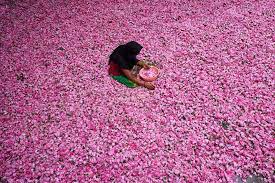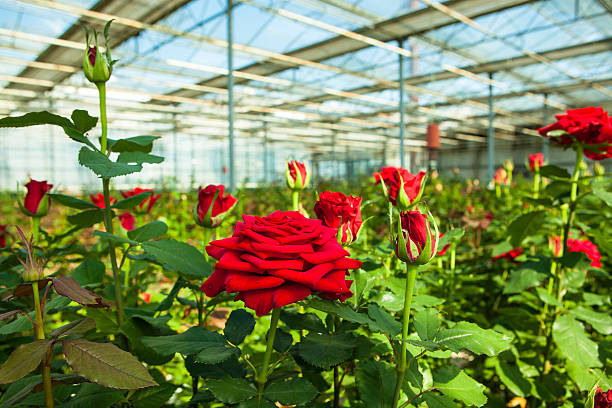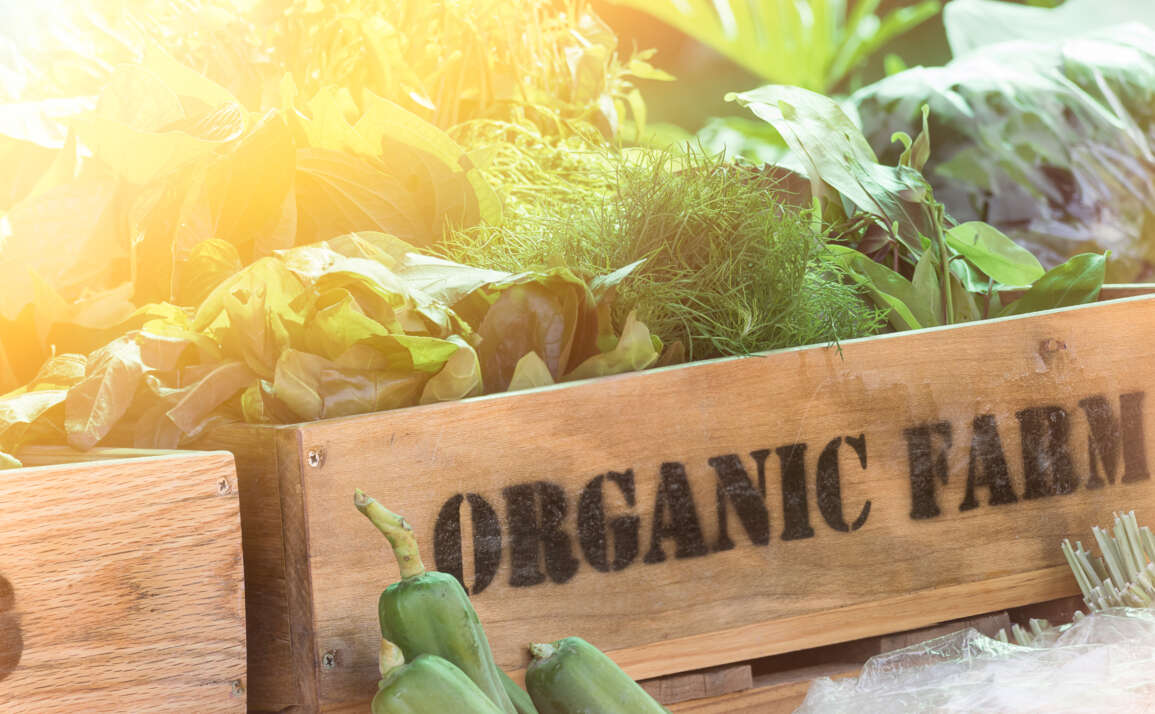Roses are red..and Indian? How the EU energy crisis and Brexit are driving floral supply from India.
With Valentine’s quickly approaching (you’re welcome lovebirds), seasonal demand for florals reaches a peak. India is poised to capture a significant market share with their export of roses, amid the decline in production in the European Union. We explore the convergence of the EU energy crisis and Brexit on the floriculture industry.
By Jasmine Singh
Floriculture, or the cultivation and commercialization of flowers and ornamental plants, had a global market of 54.2 billion USD in 2022. As producers seek to gain leverage in this lucrative industry, political and resource considerations are at the forefront for the European Union.
The European energy crisis, exacerbated by the war in Ukraine and scattered mitigation strategies, has had significant economic repercussions. This has led to higher costs across sectors, including floriculture. Greenhouses, a necessity during colder months, necessitate energy-intensive processes such as heating, cooling, lighting and ventilation. Rising energy prices squeeze the bottom line of producers, impacting the competitiveness of European florals.
Politically, the United Kingdom’s withdrawal from the EU (Brexit) has introduced additional complexities for this industry. Disrupted supply chains and increased administrative burdens for EU exporters, along with regulatory shifts, tariffs, and customs procedures have affected trade relationships and market access. For instance, the Netherlands – a flower powerhouse – is less incentivized to comply with the new demands.

Meanwhile, Indian exporters are reaping the benefits. 35% of Indian roses currently are exported to the UK, with Australia and Japan closely following. The Hindustan Times reports, “Farmers are expecting a 30 per cent rise in rose exports this year ahead of Valentine’s Day”.
The evolving market conditions underscore the need for European floral producers to adapt in response to evolving opportunities. Strategies may include investing in energy-saving technologies, exploring new trade partnerships, and diversifying product offerings to remain competitive globally.



